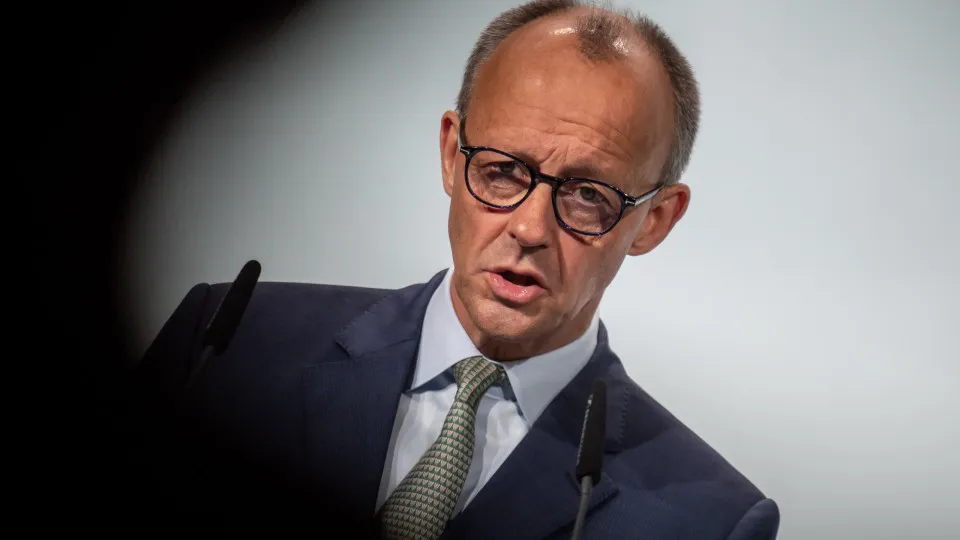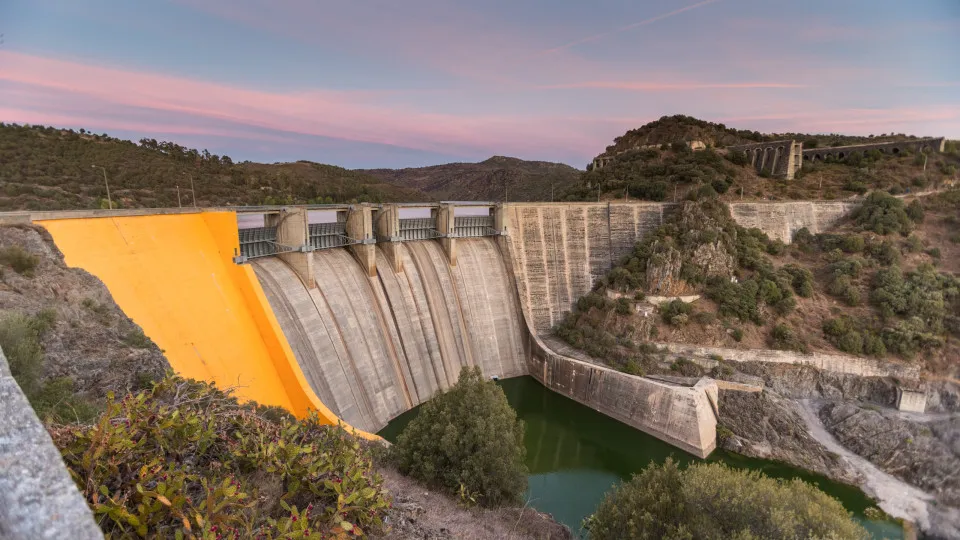
“The steel industry in Germany and Europe needs effective protection in foreign trade,” stated Merz, following a meeting with Vice Chancellor and Finance Minister Lars Klingbeil, along with representatives from the metallurgical sector.
“We are facing great challenges in global trade policy. On one hand, we have U.S. tariffs that are set to rise, and among other things, the influx of goods, especially from Asia and China, that flood the markets with subsidized steel,” added the German Chancellor.
In this context, according to the Chancellor, the German government shares “the concern of the metallurgical industry,” describing it as being in a “state of existential crisis,” and proposed measures to protect European products in line with the European Commission’s proposals.
“We will need import protection against producers who do not respect the agreed reductions in carbon dioxide,” emphasized Merz.
The minister also stated having agreed with Klingbeil and the representatives of the sector present at the meeting to make efforts to support production, whose materials are primarily derived from low-emission processes and the use of renewable energies, further underscoring his administration’s commitment to reduce energy costs.
“Without a reduction in energy prices, this industry cannot survive,” Merz stressed about the steel sector, which consumes more energy in its operations in Germany, only behind the chemical industry.
Klingbeil, for his part, reiterated the three key points outlined by Merz—the protection of steel against imports, the need to reduce energy prices, and the need to increase competitiveness—and indicated that the German government has tools to assist, such as the special investment fund, endowed with 500 billion euros, and plans to increase defense spending.
“If we ensure that the steel used in these investments is German and European steel, we can give the sector a significant boost,” he emphasized.
Both Merz and Klingbeil highlighted that defending the sector involves not only a fundamental industry but also many individual fates and jobs.
“It’s not about abstract economic numbers; it’s about companies, jobs, individual destinies,” said Merz.
The President of the Steel Industry Union, Gunnar Groebler, thanked Merz for the meeting and highlighted a complete agreement on the need to take action.
“It’s about maintaining critical supply chains for defense and resilience in Europe and Germany. We, as business leaders, also need to do our part and we hope politics will do theirs,” he stated.




